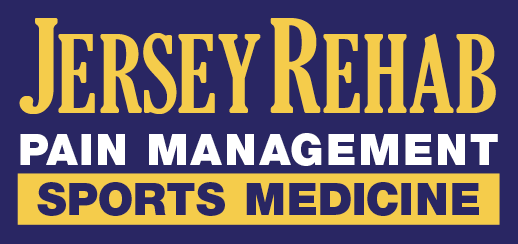Is Thyroid the Reason for Your Frozen Shoulders?
Frozen shoulder, also known as adhesive capsulitis, is a condition that causes stiffness and pain in the shoulder joint. Signs and symptoms typically come on gradually, worsen over time and then resolve on their own.
You’re more likely to experience frozen shoulder if you’re recovering from an injury or illness that has prevented you from moving your arm. However, it’s also possible that your frozen shoulder can be the result of a thyroid disorder.
Frozen Shoulder More Common in People with Endocrine Disorders
Thyroid disease is a type of endocrine disorder. These disorders happen when a gland produces too much or too little of an endocrine hormone. As a result, people experience hormone imbalances that can affect everything from their weight to their energy levels.
Though it’s not clear why, frozen shoulder is more common in individuals who have endocrine problems, including thyroid disease. Researchers believe that this connection may be the result of inflammation in the body.
The shoulder is made up of bones, ligaments and tendons that are wrapped in a capsule of connective tissue. When this capsule becomes inflamed, it contracts and causes scar tissue to form. Inflammation is a classic symptom of thyroid disease and may be the reason why the shoulder freezes up.
Diagnosing Frozen Shoulder in Thyroid Patients
It can be challenging to diagnose frozen shoulder because the symptoms can be attributed to other problems like joint pain and muscle aches. This is why it’s important to schedule an appointment with a pain management doctor. Your doctor will assess your pain level and evaluate your range of motion.
A pain management specialist will also review your medical history and perform a physical assessment. In some cases, patients need an MRI or x-ray to rule out other joint problems. Your doctor may even suggest taking a blood test to check your thyroid levels, especially if you’ve been diagnosed with the disease.
While there is a link between frozen shoulder and thyroid disease, there are many other reasons why you might be experiencing this condition.
Treatment for Frozen Shoulder
If you are diagnosed with frozen shoulder, you can reduce your symptoms by managing your pain and maintaining your range of motion. Over-the-counter medications can be helpful in reducing pain, though your pain doctor may suggest a steroid injection instead. These injections provide faster and longer lasting relief.
Physical therapy can also be helpful in treating frozen shoulder. PT preserves your range of motion and helps to unfreeze the joint. Acupuncture and TENS are other alternative therapies to try because they relieve pain and stiffness. And of course, make sure to take care of your thyroid by taking the appropriate medications.
If you are currently experiencing problems with a stiff, sore shoulder, schedule an appointment with Jersey Rehab. We have three convenient locations and flexible hours to accommodate your needs.

